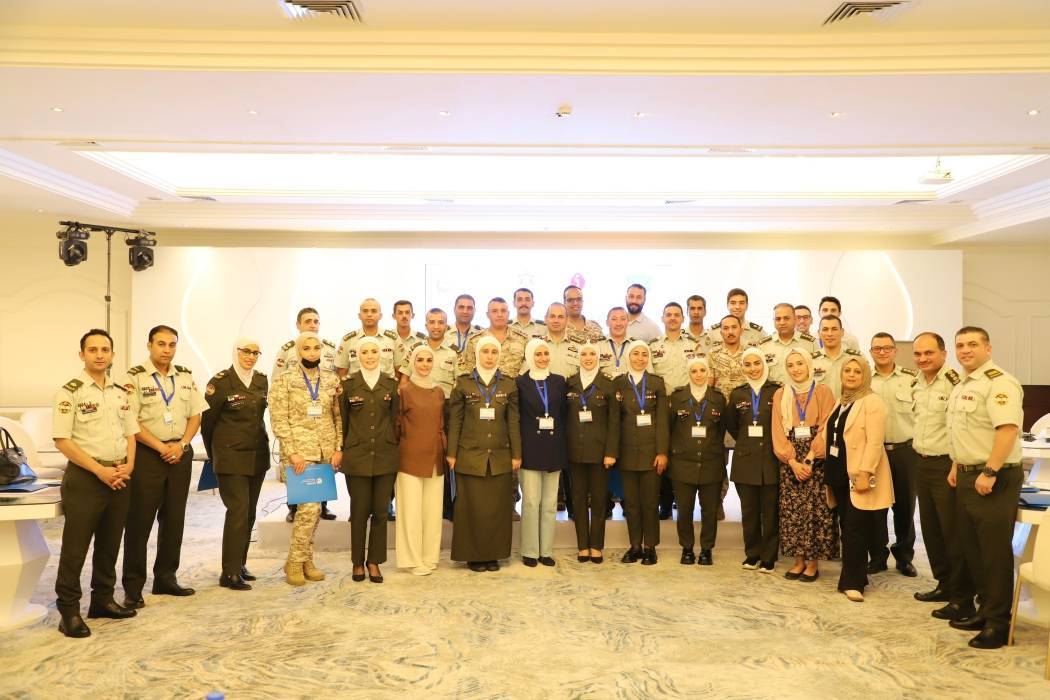- محلية
- الأربعاء-2025-07-16 | 08:03 am

نيروز الإخبارية :
As part of ongoing collaborations with the Jordan Ministry of Health and the Royal Medical Services (RMS), and in support of multi-disciplinary emergency response, the Eastern Mediterranean Public Health Network (EMPHNET) continues to support the development of a workforce capable of responding swiftly and effectively to public health threats.
Building on its extensive regional experience in empowering Rapid Response Teams (RRTs) members and management, EMPHNET supported a five-day Advanced Training of Trainers (ToT) for Rapid Response Team (RRT) leaders from the RMS.
Held from July 6 to 10, 2025, the training adapted the World Health Organization (WHO) Advanced Training Package for Rapid Response Teams to equip participants with advanced knowledge, practical skills, and essential tools necessary for immediate deployment during health emergencies. By leveraging the expertise of all three institutions, the training program ensured a locally-relevant learning experience tailored to the needs of Jordan’s RRTs.
Delivered by professionals, the sessions covered a comprehensive range of topics including disease surveillance, outbreak investigation, active case finding and contact tracing, laboratory coordination, data management in emergencies, infection prevention and control (IPC), emergency preparedness and response, as well as community engagement and risk communication. The program also featured hands-on simulation exercises, allowing participants to apply what they learned in realistic emergency scenarios.
This training is part of a broader project that aims to increase rapid response capabilities for public health emergencies under the "Operationalization of the Jordan Rapid Response Program.” It will be followed by two additional subnational trainings, one targeting the northern region and another focusing on the southern region, to ensure decentralized preparedness and strengthened capacity across the country.
The collaboration between EMPHNET, the Jordan MoH, and RMS reflects a shared commitment to strengthening Jordan’s emergency response systems and highlights the impact of coordinated national efforts in building a resilient public health workforce.
As part of its regional support strategy, EMPHNET ensures that RRT training curricula are customized to meet the unique needs and public health priorities of each country. This context-specific customization enhances the relevance of the training and strengthens the operational readiness of RRTs to manage diverse health emergencies.













